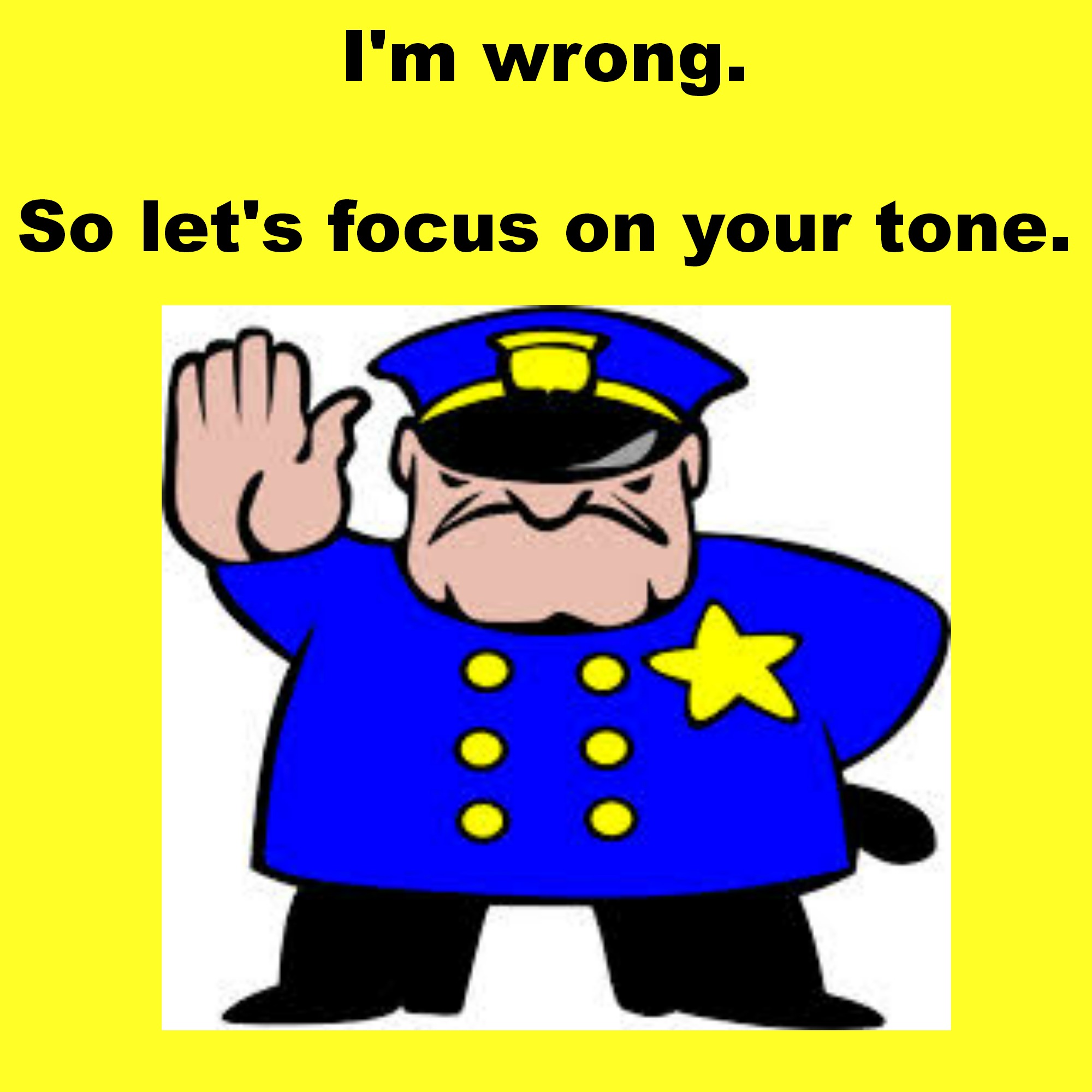The goal of this blog is to create some moral indignation at the Shabbat table. Please share.
 Yesterday someone said something truly remarkable to me.
Yesterday someone said something truly remarkable to me.
But to underscore how remarkable it is, let's first turn to Dale Carnegie, author of How to Win Friends and Influence People.
Carnegie tells this fascinating story:
On May 7, 1931, the most sensational manhunt New York City had ever known had come to its climax. After weeks of search, "Two Gun" Crowley - the killer, the gunman who didn't smoke or drink - was at bay, trapped in hi sweetheart's apartment on West End Avenue.
One Hundred and fifty policemen and detectives laid siege to his top-floor hideaway. They chopped holes in the roof, they tried to smoke out Crowley, the "cop killer," with tear gas. Then they mounted their machine guns on surrounding buildings, and for more than an hour one of New York's fine residential areas reverberated with the crack of pistol fire and the rat-tat-tat of machine guns. Crowley, crouching behind an over-stuffed chair, fired incessantly at the police. Ten thousand excited people watched the battle. Nothing like it had ever been seen before on the sidewalks of New York.
When Crowley was captured, Police Commissioner E. P. Mulrooney declared that the two-gun desperado was one of the most dangerous criminals ever encountered in the history of New York. "He will kill," said the Commissioner, "at the drop of a feather."
But how did "Two Gun" Crowley regard himself? We know, because while the police were firing into his apartment, he wrote a letter addressed "To whom it may concern," And as he wrote, the blood flowing from his wounds left a crimson trail on the paper. In this letter, Crowley said, "Under my coat is a weary heart, but a kind one - one that would do nobody any harm."
Crowley was sentenced to the electric chair. When he arrived at the death house in Sing Sing, did he say, "This is what I get for killing people?"
No, he said, "This is what I get for defending myself."
Carnegie points out that Crowley's self-image as an innocent victim is common among criminals.
Al Capone, for instance, infamously said,
I have spent the best years of my life giving people the lighter pleasures, helping them have a good time, and all I get is abuse, the existence of a hunted man.
That would almost be comical if not coming from Scarface himself, Public Enemy #1 who murdered his way to the top of America's biggest mob enterprise.
To understand the self-righteous criminal mind, let's turn to Lewis Lawes, warden at Sing Sing for 21 years. He wrote,
Few of the criminals in Sing Sing regard themselves as bad men. They are just as human as you and I. So they rationalize, they explain. They can tell you why they had to crack a safe or be quick on the trigger finger. Most of them attempt a form of reasoning, fallacious or logical, to justify their antisocial acts even to themselves, consequently stoutly maintaining that they should never have been imprisoned at all.
It seems to me there are two take-aways from this observation. One I will make today, and the other next week.
I mentioned above that I heard something remarkable yesterday.
This person, after a long discussion about a problem he is having with a certain other person and the exasperation he is feeling due to the wrongness of the other person, asked, "Rabbi, do you think I'm being irrational? Am I way off base?"
It is so rare to ask this question. Most of us are so focused on the justness of our cause, on the injustice against us, that it never occurs to us that maybe we are off base.
The first question for your table is, Can you ever be fully honest with yourself? How do you find out if you are?
One way we know is learn ancient wisdom while examining your life (but choose your rabbi wisely!)
Or, make a pilgrimage to a far-away land where you can get some perspective on your life.
Or, at the very least, do some guided contemplation.
(For our Rosh Hashana self-assessment worksheet, shoot me an email.)
Second question for your table: Why is it so hard to say, "I'm wrong"?
Shabbat Shalom
PS: Do you know how many days until Rosh Hashana?
"It is a fine thing to be honest, but it is also very important to be right." (Churchill)
Like this email? How about putting your gelt where your gab is: Like it, tweet it, or just forward it.
 Yesterday someone said something truly remarkable to me.
Yesterday someone said something truly remarkable to me.But to underscore how remarkable it is, let's first turn to Dale Carnegie, author of How to Win Friends and Influence People.
Carnegie tells this fascinating story:
On May 7, 1931, the most sensational manhunt New York City had ever known had come to its climax. After weeks of search, "Two Gun" Crowley - the killer, the gunman who didn't smoke or drink - was at bay, trapped in hi sweetheart's apartment on West End Avenue.
One Hundred and fifty policemen and detectives laid siege to his top-floor hideaway. They chopped holes in the roof, they tried to smoke out Crowley, the "cop killer," with tear gas. Then they mounted their machine guns on surrounding buildings, and for more than an hour one of New York's fine residential areas reverberated with the crack of pistol fire and the rat-tat-tat of machine guns. Crowley, crouching behind an over-stuffed chair, fired incessantly at the police. Ten thousand excited people watched the battle. Nothing like it had ever been seen before on the sidewalks of New York.
When Crowley was captured, Police Commissioner E. P. Mulrooney declared that the two-gun desperado was one of the most dangerous criminals ever encountered in the history of New York. "He will kill," said the Commissioner, "at the drop of a feather."
But how did "Two Gun" Crowley regard himself? We know, because while the police were firing into his apartment, he wrote a letter addressed "To whom it may concern," And as he wrote, the blood flowing from his wounds left a crimson trail on the paper. In this letter, Crowley said, "Under my coat is a weary heart, but a kind one - one that would do nobody any harm."
Crowley was sentenced to the electric chair. When he arrived at the death house in Sing Sing, did he say, "This is what I get for killing people?"
No, he said, "This is what I get for defending myself."
Carnegie points out that Crowley's self-image as an innocent victim is common among criminals.
Al Capone, for instance, infamously said,
I have spent the best years of my life giving people the lighter pleasures, helping them have a good time, and all I get is abuse, the existence of a hunted man.
That would almost be comical if not coming from Scarface himself, Public Enemy #1 who murdered his way to the top of America's biggest mob enterprise.
To understand the self-righteous criminal mind, let's turn to Lewis Lawes, warden at Sing Sing for 21 years. He wrote,
Few of the criminals in Sing Sing regard themselves as bad men. They are just as human as you and I. So they rationalize, they explain. They can tell you why they had to crack a safe or be quick on the trigger finger. Most of them attempt a form of reasoning, fallacious or logical, to justify their antisocial acts even to themselves, consequently stoutly maintaining that they should never have been imprisoned at all.
It seems to me there are two take-aways from this observation. One I will make today, and the other next week.
I mentioned above that I heard something remarkable yesterday.
This person, after a long discussion about a problem he is having with a certain other person and the exasperation he is feeling due to the wrongness of the other person, asked, "Rabbi, do you think I'm being irrational? Am I way off base?"
It is so rare to ask this question. Most of us are so focused on the justness of our cause, on the injustice against us, that it never occurs to us that maybe we are off base.
The first question for your table is, Can you ever be fully honest with yourself? How do you find out if you are?
One way we know is learn ancient wisdom while examining your life (but choose your rabbi wisely!)
Or, make a pilgrimage to a far-away land where you can get some perspective on your life.
Or, at the very least, do some guided contemplation.
(For our Rosh Hashana self-assessment worksheet, shoot me an email.)
Second question for your table: Why is it so hard to say, "I'm wrong"?
Shabbat Shalom
PS: Do you know how many days until Rosh Hashana?
"It is a fine thing to be honest, but it is also very important to be right." (Churchill)
Like this email? How about putting your gelt where your gab is: Like it, tweet it, or just forward it.


